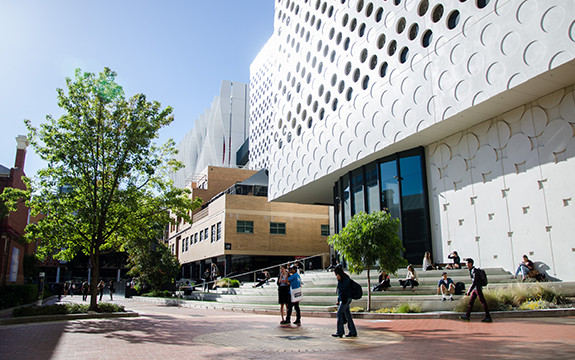Who is afraid of Pegida?

In Summary
Analysis for Inside Story by Klaus Neumann, Swinburne University of Technology
Germany has been in the grip of Pegida fever. This relatively new movement claims to represent the views of an – allegedly sizeable – section of society that feels uneasy about Germany’s embrace of multiculturalism. It worries about the large numbers of asylum seekers in Germany, and about the presence of Islamists, and appears genuinely afraid that Germans will be marginalised in their own country. Pegida has organised rallies at which speakers have railed against migrants in general and asylum seekers and Muslims in particular.
Pegida’s full name is the Patriotische Europäer gegen die Islamisierung des Abendlandes (Patriotic Europeans Against the Islamisation of the West). Its founder claims that the culturally loaded term Abendland in the organisation’s name, which means “the West” or, literally, “the Occident,” merely echoes a slogan used by the Christian Democrats during an election campaign more than fifty years ago: “Rettet die abendländische Kultur!” (Save Western culture!). At that time, of course, the Abendland was supposedly under threat from Soviet communism. But this rather quaint term harks back further, to a time when a Christian Abendland felt under threat from a Muslim Morgenland (Orient). It also references Oswald Spengler’s hugely influential book Der Untergang des Abendlandes (The Decline of the West), published between 1918 and 1922, an early precursor of Samuel Huntington’s 1996 book The Clash of Civilisations.
The political establishment’s response to Pegida has been remarkably loud, clear and swift. Federal president Joachim Gauck called Pegida’s followersChaoten – a term usually reserved for football hooligans and violent demonstrators on the far left – and used his traditional Christmas address to affirm Germany’s commitment to welcoming migrants of all kinds. For once, chancellor Angela Merkel has not been her usual noncommittal self: on New Year’s Eve she was uncharacteristically forthright in her televised address to the nation, urging Germans not to join demonstrations organised by Pegida. A couple of weeks later, at a joint press conference with Turkish prime minister Ahmet Davutoğlu, the chancellor endorsed a controversial statement first made by interior minister and prominent Christian Democrat Wolfgang Schäuble in 2006 and paraphrased by Gauck’s predecessor as president, the Christian Democrat Christian Wulff, four years later: “Der Islam gehört zu Deutschland” (Islam is part of Germany).
Foreign affairs minister Walter Steinmeier has accused Pegida of damaging Germany’s reputation. Former chancellors Helmut Schmidt and Gerhard Schröder lambasted the xenophobia of the Pegida movement, with the latter calling for “an uprising of the decent.” Church leaders, representatives of migrant groups and many other civil society organisations, and prominent artists, actors, writers and sportspeople have criticised Pegida for inciting racism and defended German’s multicultural identity. Numerous anti-Pegida rallies have been held: last Friday, for example, some 20,000 people took to the streets of Freiburg, a city of just over 200,000 people in Baden-Württemberg in the southwest of Germany, to protest against Pegida.
This article originally appeared on Inside Story. Read the article in full.

